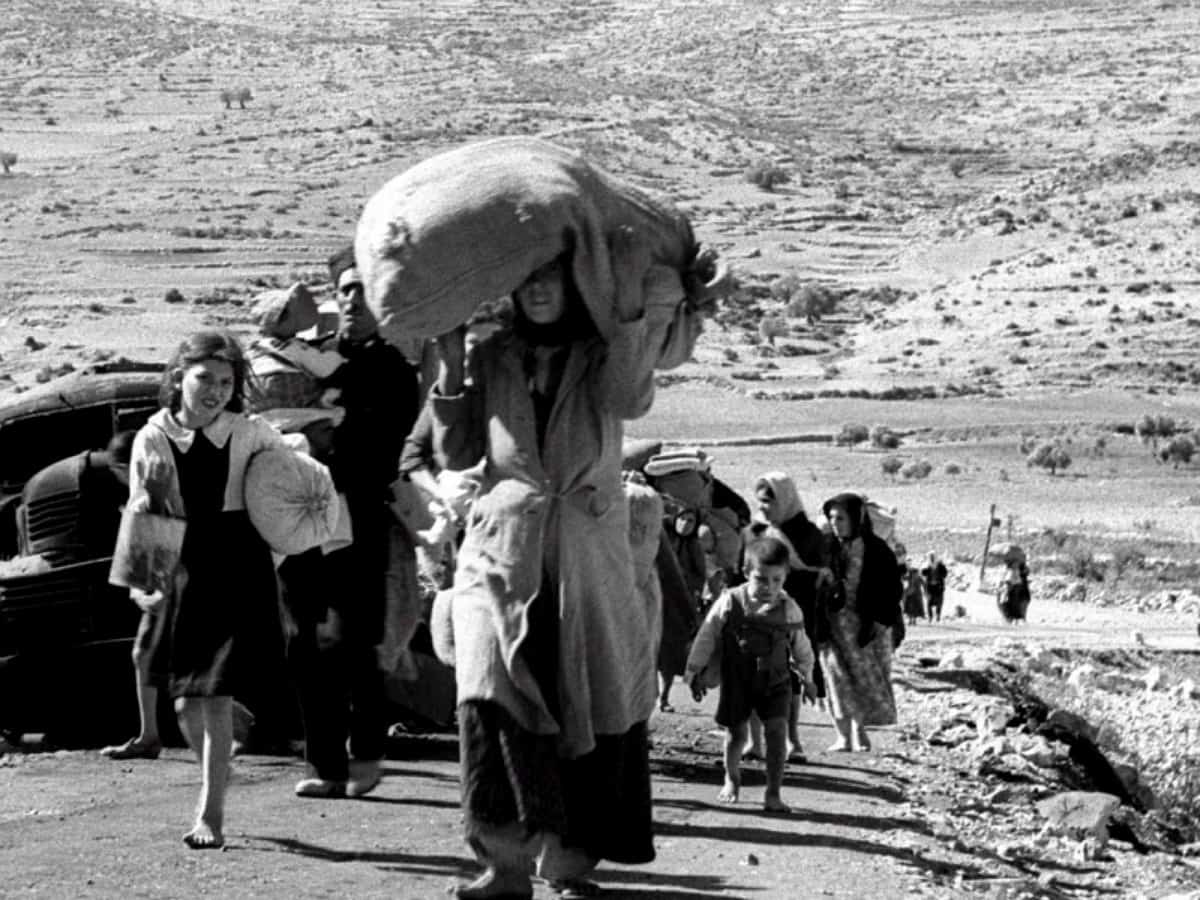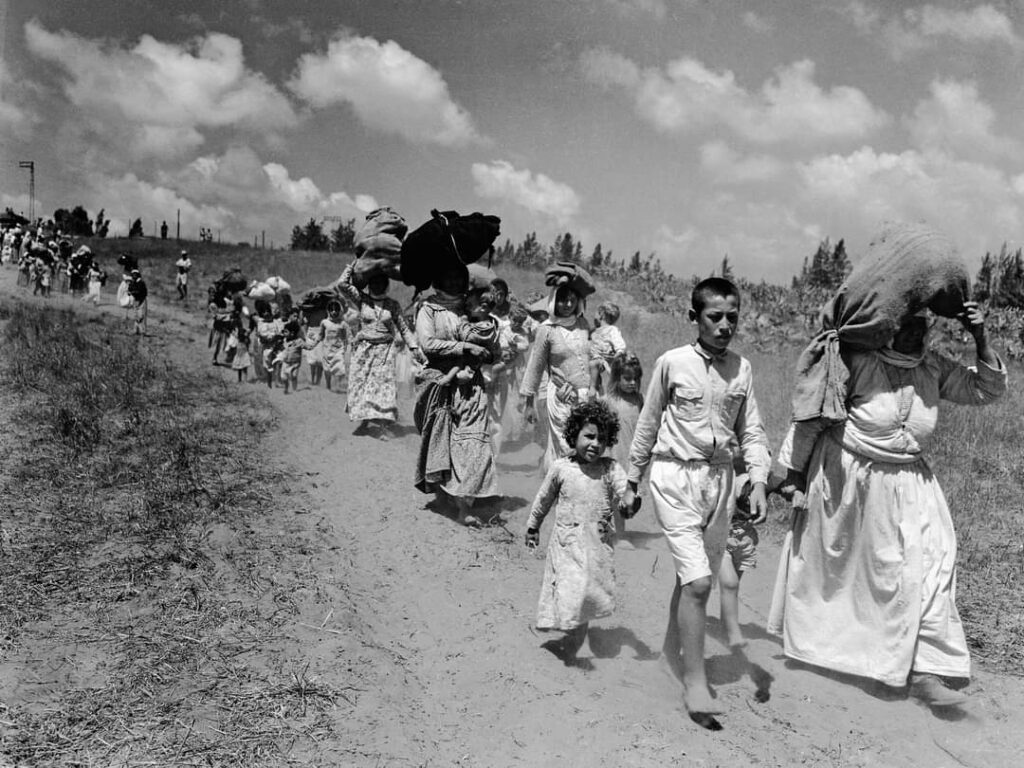
The Portuguese parliament has passed a resolution to recognise the 1948 Palestinian Nakba and praised their struggle for self-determination, according to the Palestinian News Agency Wafa.
The resolution, for which voting took place on Friday, July 21, condemns the Israeli occupation policy of illegal expansion in the West Bank and annexation that violates international laws.
It also called on the Portuguese government to take a clear and frank position in defending the right of the Palestinian people, as guaranteed by international norms and laws.
The parties that voted for the resolution are: the Socialist (PS), the Communist (PCP), and the Left Alliance (BE). Representatives from the Social Democratic Party (PPD/PSD) and right-wing Chega Party (CH) voted against the resolution.
Palestinian ministry of foreign affairs and expatriates welcomed the decision of the Portuguese Parliament, and said that the decision is “a true expression of Portugal’s solidarity with the plight of the Palestinian people, which has been going on for 75 years,” stressing that it is a first step towards the Portuguese government’s progress towards recognizing the state of Palestine.
The ministry called for the need for countries of the world to adopt resolutions recognizing the Nakba as a human tragedy, in order to address its ongoing effects and repercussions over the past decades.
What caused Nakba?
On May 14, 1948, immediately after the end of the British Mandate, the Zionist forces declared the establishment of the state of Israel, which led to the outbreak of the first Arab-Israeli war.
Nakba stems from the Arab-Israeli war which began on May 15, 1948.
Nearly 800,000 Palestinians who lived in the area which became Israel fled or were expelled by Israeli forces in the 1948-49 war.
They sought refuge in several neighbouring countries and constituted at that time about half of the Palestinian people. The number has now reached about 7 million refugees, most of whom live in diaspora camps in the Jordan, Gaza Strip, West Bank, Syria, Lebanon and East Jerusalem.
The events also include dozens of massacres, atrocities and looting against the Palestinians. More than 500 villages were demolished and the main Palestinian cities were destroyed and turned into Jewish cities.
Israel celebrates the day as the day of ‘independence’.
The Palestinians revived their national tragedy of decades of losing their homeland in an unofficial manner, but in 1998, the former President of the Palestinian Authority, Yasser Arafat, declared May 15 as a national day to commemorate the fiftieth anniversary of the Nakba.
The right to return is a major demand of the Palestinians and their leaders. They base their demands on a resolution of the General Assembly of the United Nations, which was adopted in 1948.
The resolution says “Refugees wishing to return to their homes and live at peace with their neighbours should be permitted to do so at the earliest practicable date”.
Israel says it cannot allow them to return because that would overwhelm the country of 8.5 million and end its existence as a Jewish state.

